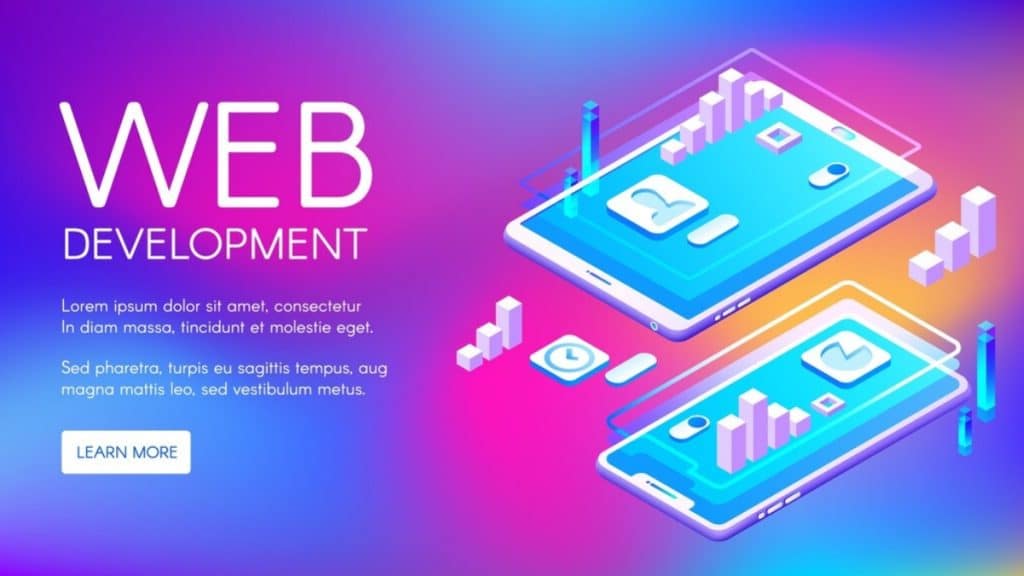When you’re gearing up to build a web application, the choice of frameworks your developers are familiar with can make or break your project. Different Python frameworks offer unique strengths, ranging from rapid development capabilities to enhanced scalability.
As a hiring manager or business owner, it’s crucial to ensure that when you hire Python developers you bring on board those who have expertise in the right frameworks. This not only speeds up the development process but also ensures your web application is robust, secure, and scalable. Let’s dive into some key Python frameworks that your developers should master to deliver high-quality web applications.
Essential Python Frameworks for Building Robust Web Applications
1. Django: The Full-Stack Powerhouse
Django is perhaps the most well-known Python framework, loved for its “batteries-included” philosophy. It provides everything a developer needs to build robust web applications, from authentication systems to URL routing and an ORM (Object-Relational Mapping) layer.
Django emphasizes security, automatically mitigating many common web vulnerabilities, such as SQL injection and cross-site scripting. It’s an excellent choice for large-scale applications requiring extensive functionality out-of-the-box, making it easier to maintain and scale. If you plan to hire Python developers, ensuring they have strong experience with Django is a significant advantage, especially for complex web projects.
2. Flask: The Lightweight Champion
Being a micro-framework, Flask offers the fundamental building blocks required for web development free of any pre-established structures or libraries. This makes it highly flexible, allowing developers to add the tools and libraries they need as the project evolves. Flask is perfect for smaller projects, APIs, or microservices where you want a lightweight, customizable framework.
Developers with Flask experience can efficiently create modular and scalable applications, which is why it’s crucial to seek out this expertise when hiring for projects that require flexibility and fast iteration.
3. Pyramid: For High-Level Flexibility
Pyramid is a framework that offers the best of both worlds between Django and Flask. It’s minimalistic like Flask but can scale up like Django, making it suitable for both small applications and large-scale projects. Pyramid’s flexibility lies in its ability to let developers choose the components they need, like templating systems or database layers.
Developers skilled in Pyramid can adapt to various project requirements, ensuring your application is built to meet your specific needs. Hiring developers who are proficient in Pyramid can be a strategic move, particularly if your project needs to grow over time.
4. Tornado: Handling Real-Time Data Streams
Tornado is a Python web framework and asynchronous networking library, designed to handle large volumes of simultaneous connections. It’s ideal for applications requiring real-time functionality, such as chat applications, live updates, or streaming services.

Tornado’s ability to support WebSockets and other non-blocking operations makes it a go-to framework for projects where performance and scalability are paramount. When you hire Python developers, those familiar with Tornado can help you build high-performance applications that need to handle many concurrent users seamlessly.
5. FastAPI: Optimized for Speed
FastAPI is a modern, fast (high-performance) web framework for building APIs with Python 3.7+ based on standard Python type hints. It’s designed for speed, both in terms of performance and development time. FastAPI allows developers to build high-performance APIs quickly, with automatic interactive documentation, input validation, and more.
This framework is becoming increasingly popular for microservices and real-time applications. If speed and efficiency are critical to your project, finding developers with FastAPI experience should be a priority.
6. Bottle: The Micro-Framework for Small Projects
Bottle is another micro-framework that is ideal for small projects or prototyping. It’s incredibly lightweight, consisting of a single file and requiring no dependencies other than the Python Standard Library. Bottle is simple yet powerful enough to create basic web applications or APIs quickly. If your project is straightforward and doesn’t require the overhead of larger frameworks, a developer familiar with Bottle can get your application up and running in no time.
7. CherryPy: The Object-Oriented Framework
CherryPy is a minimalist Python web framework that allows developers to build web applications similarly to how they would build other object-oriented programs. It provides the necessary components for web development but does not impose a particular way to organize the application, making it flexible and adaptable.
CherryPy is a good choice for developers who prefer working in an object-oriented programming style, and hiring someone with CherryPy experience can lead to the development of highly organized and maintainable codebases.
8. Web2py: The All-Inclusive Framework
Web2py is a full-stack framework designed to ease the web development process. It includes its web-based Integrated Development Environment (IDE), which simplifies the development, deployment, and maintenance of applications. Web2py’s emphasis on ease of use makes it an excellent choice for developers who need to quickly build and deploy secure, scalable web applications. When hiring Python developers, experience with Web2py can be a significant asset, especially if your project needs a rapid development cycle.
9. Falcon: Focused on Performance
Falcon is a minimalist WSGI library for building fast web APIs, applications, and app backends. It’s designed for developers who want to build REST APIs quickly and efficiently. Falcon is all about performance, offering low overhead and high speed, which makes it ideal for projects where performance is a key requirement. Developers with experience in Falcon can help you create high-performance, scalable APIs that serve as the backbone of your web services.

10. Sanic: Asynchronous Speed
Sanic is a Python 3.7+ web server and web framework that’s written to go fast. It supports asynchronous request handlers, which makes it ideal for building high-speed web applications and APIs. Sanic’s non-blocking capabilities allow developers to handle thousands of requests per second, making it a great choice for projects requiring real-time performance. If your project demands high concurrency and low latency, hiring Python developers skilled in Sanic is essential.
Concluding Remarks
Choosing the right Python framework is critical for the success of your web application project. Whether it’s the robust features of Django or the lightweight flexibility of Flask, each framework offers unique benefits that can significantly impact your project’s outcome.
When you hire Python developers, ensure they have the expertise in the frameworks that best suit your project’s needs. By doing so, you’ll be better equipped to build scalable, efficient, and high-performance web applications that meet your business objectives. Additionally, it would be a bonus if you find developers who are skilled in other leading programming languages of web app development such as Java, Ruby on Rails, Jira, and others.

